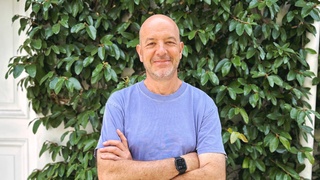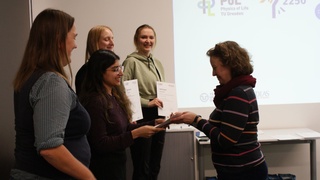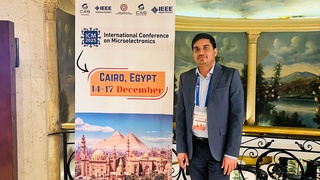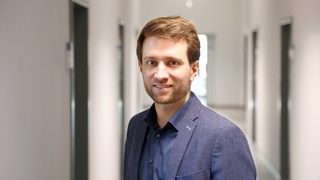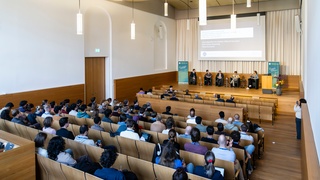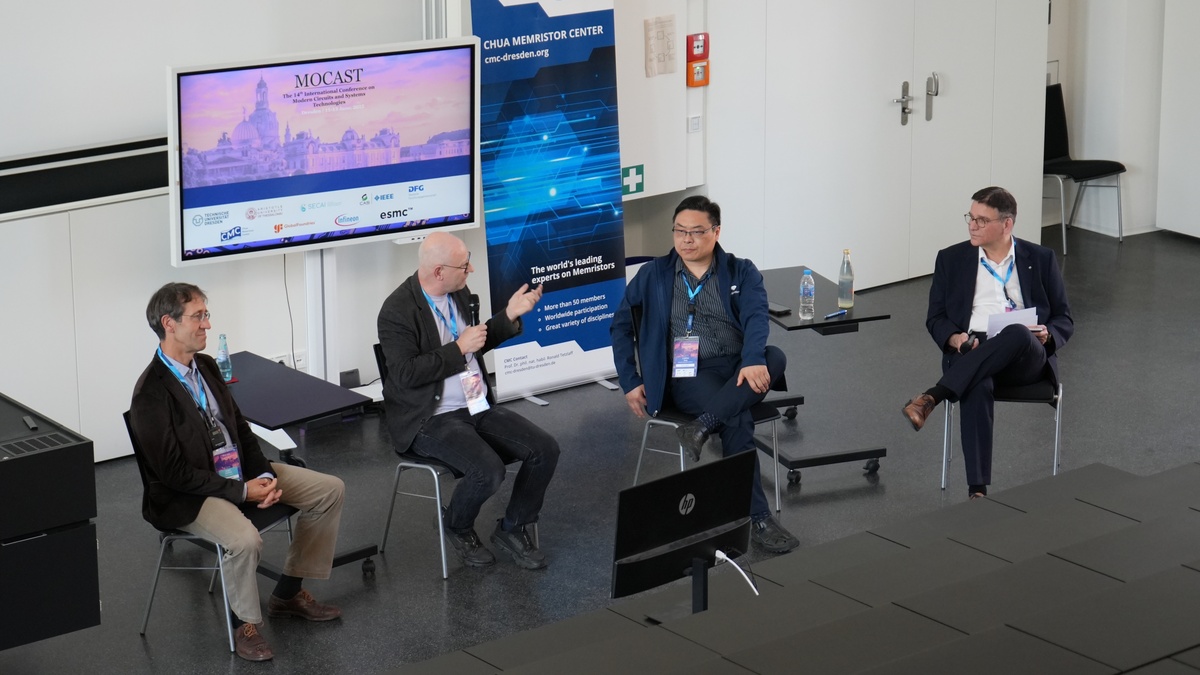
September 15, 2025
Advancing Circuits and Systems – MOCAST 2025
The 14th International Conference on Modern Circuit and System Technologies (MOCAST) 2025 took place in Dresden from June 11 to 16. It has been chaired by Spyridon Nikolaidis (Aristotle University of Thessaloniki, Greece) jointly with Fellow Ronald Tetzlaff (TU Dresden, Germany). The event brought together around 120 academics, industry experts, and early-career researchers in electronics, circuits, and systems to exchange knowledge and experiences.
The program featured six plenary talks by leading scientists: Prof. Sandro Carrara (École Polytechnique Fédérale de Lausanne, France), who explored how memristors and reconfigurable transistors can merge sensing and computing to achieve breakthroughs in cancer diagnostics. Prof. Hai (Helen) Li (Duke University, United States) addressed strategies for deploying large-scale AI on resource-limited platforms. Prof. Themis Prodromakis (University of Edinburgh, Scotland) highlighted the potential of compact, energy-efficient memristive technologies for AI-on-chip applications. Prof. Jaan Raik (Tallinn University of Technology, Estonia) examined safety and security challenges of AI chips in safety-critical settings, while Prof. J. (Joshua) Yang (University of Southern California, United States) showcased the promise of diffusive and drift memristors for neuromorphic and analog computing. Closing the series, Christian Koitzsch (President of the European Semiconductor Manufacturing Company, Dresden) presented the vision of a 12 nm FINFET open EU foundry under the European Chips Act, advancing semiconductor sovereignty in Europe.
Additionally, the conference featured author presentations, a poster session, and an industry session. Participants further enjoyed a welcome reception, gala dinner, several special sessions, and a roundtable discussion – creating many opportunities for exchange and networking beyond the technical program. Conferences like MOCAST provide a forum for exchanging ideas, presenting research results, and showcasing practical applications in the modeling, design, simulation, synthesis, and implementation of circuits and systems. With its strong interdisciplinary and multidisciplinary focus, the conference brings together researchers, engineers, and educators to explore recent innovations, trends, practical challenges encountered, and the solutions adopted in these fields.
Next to SECAI, the event was funded by the German Research Foundation (DFG) and supported by its private company sponsors – Global Foundries, Infineon Technologies, and ESMC (European Semiconductor Manufacturing Company) – as well as by its technical sponsors, IEEE CAS and the Chua Memristor Center (CMC). Thanks are due to all sponsors, whose support was essential for the success of this event.
About Ronald Tetzlaff
 ©
©
Ronald Tetzlaff opening the MOCAST Conference
Ronald Tetzlaff is a head of the chair of Fundamentals of Electrical Engineering at the Technische Universität Dresden, Germany. His scientific interests include problems in the theory of signals and systems, medical signal processing, stochastic processes, system modelling, system identification, machine learning, mem-elements, memristive systems, Volterra systems, physical fluctuation phenomena, and Cellular Nonlinear Networks. He has made significant contributions to the fields of memristors, nonlinear systems, and neuromorphic engineering through a prolific publication record.
